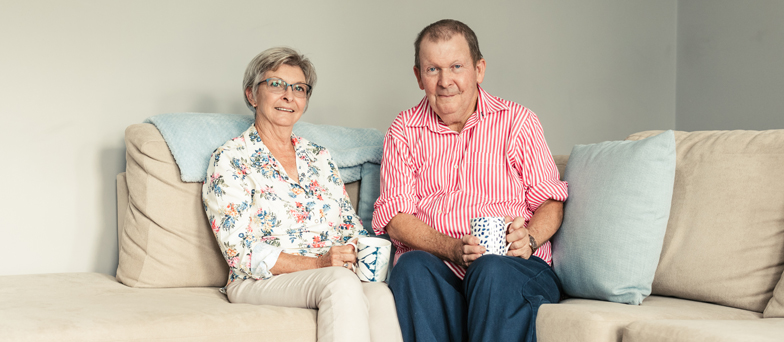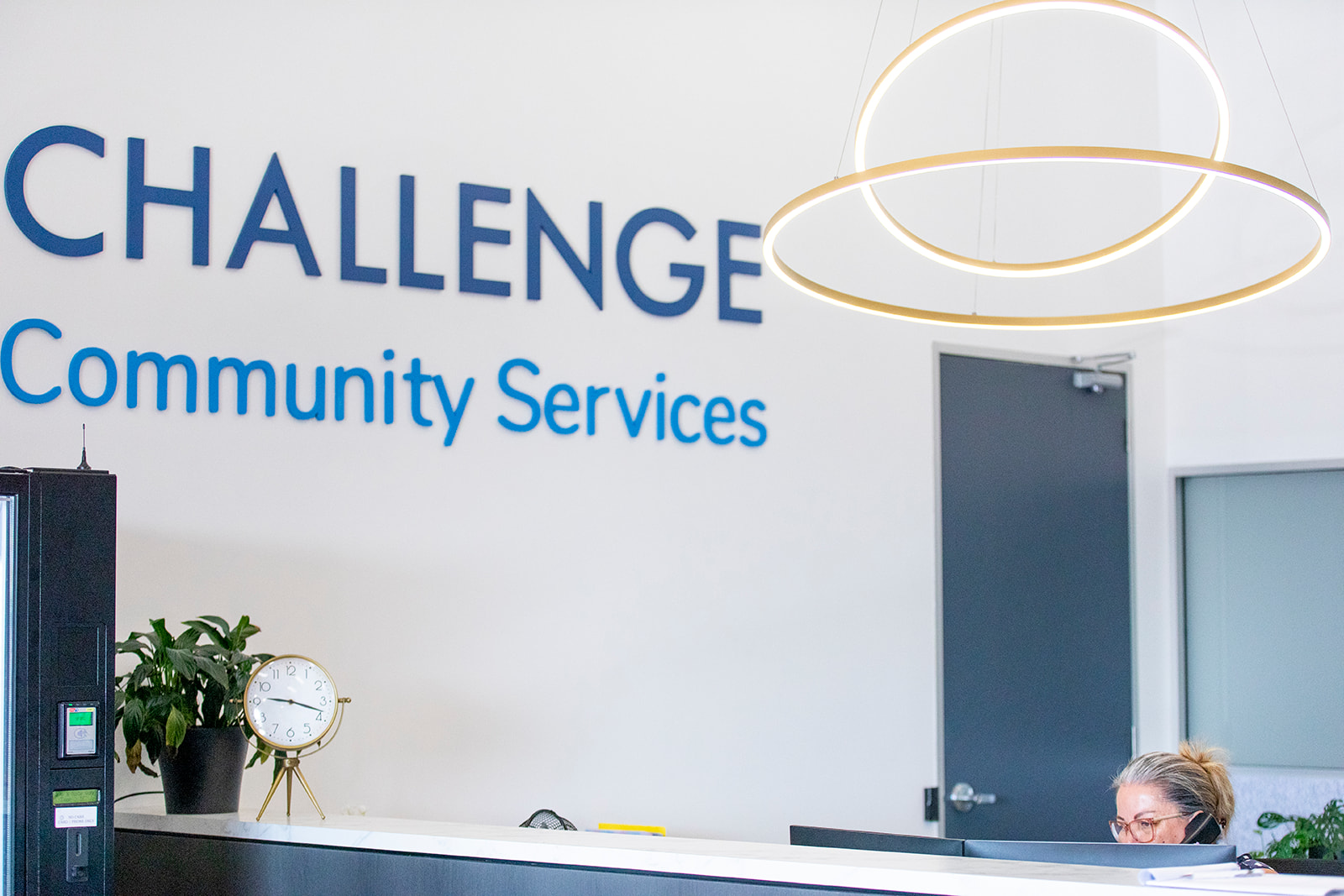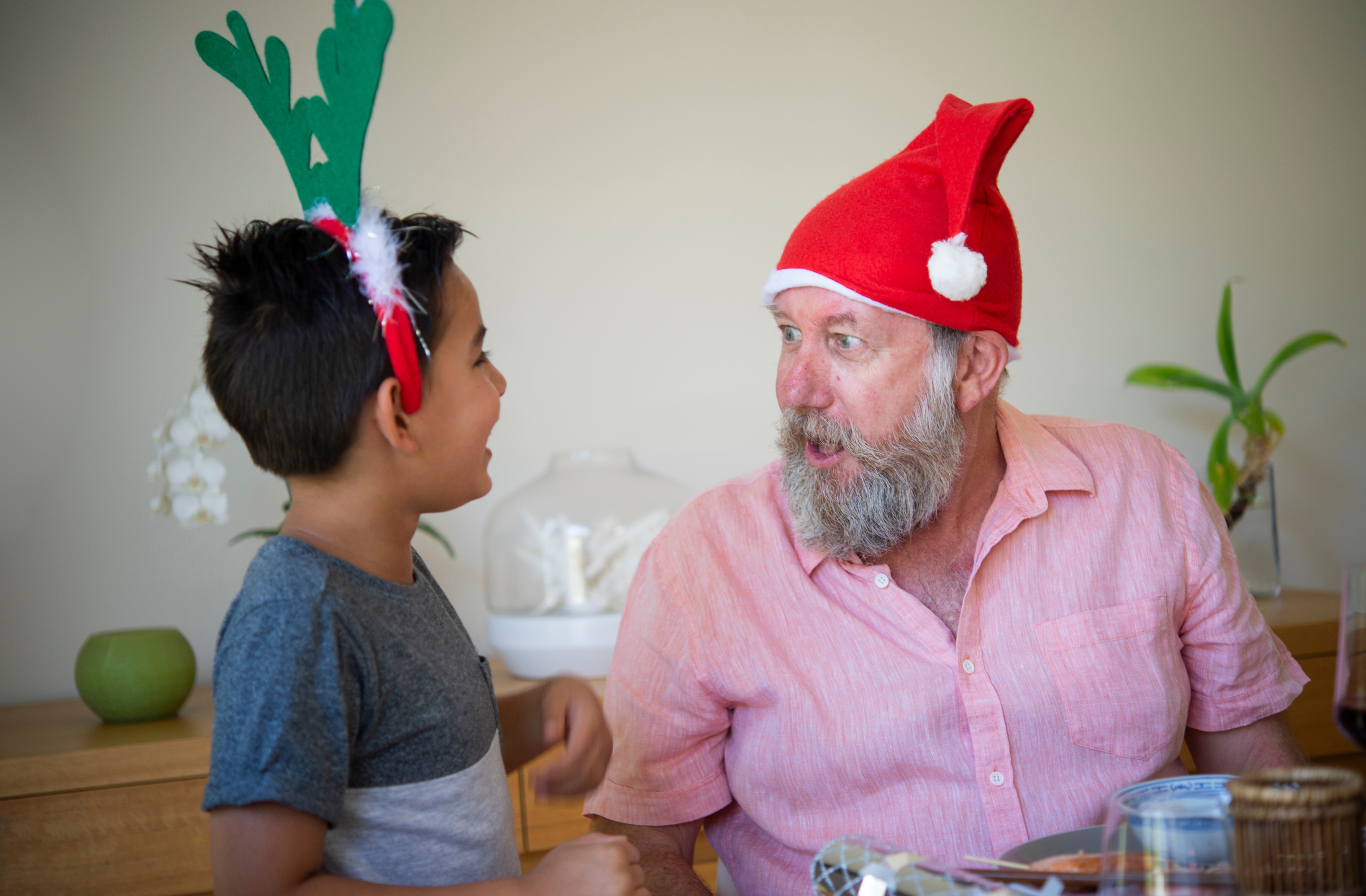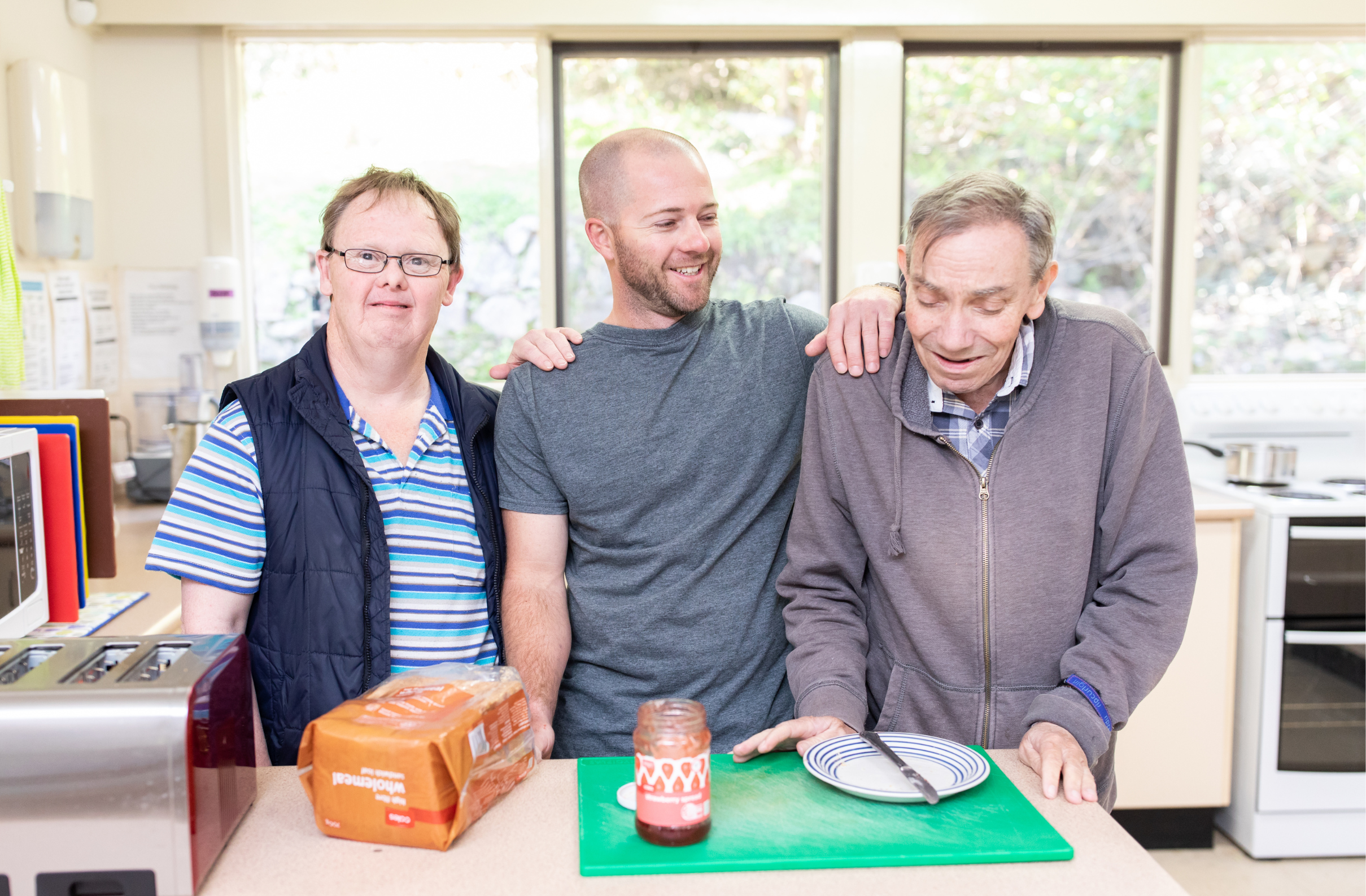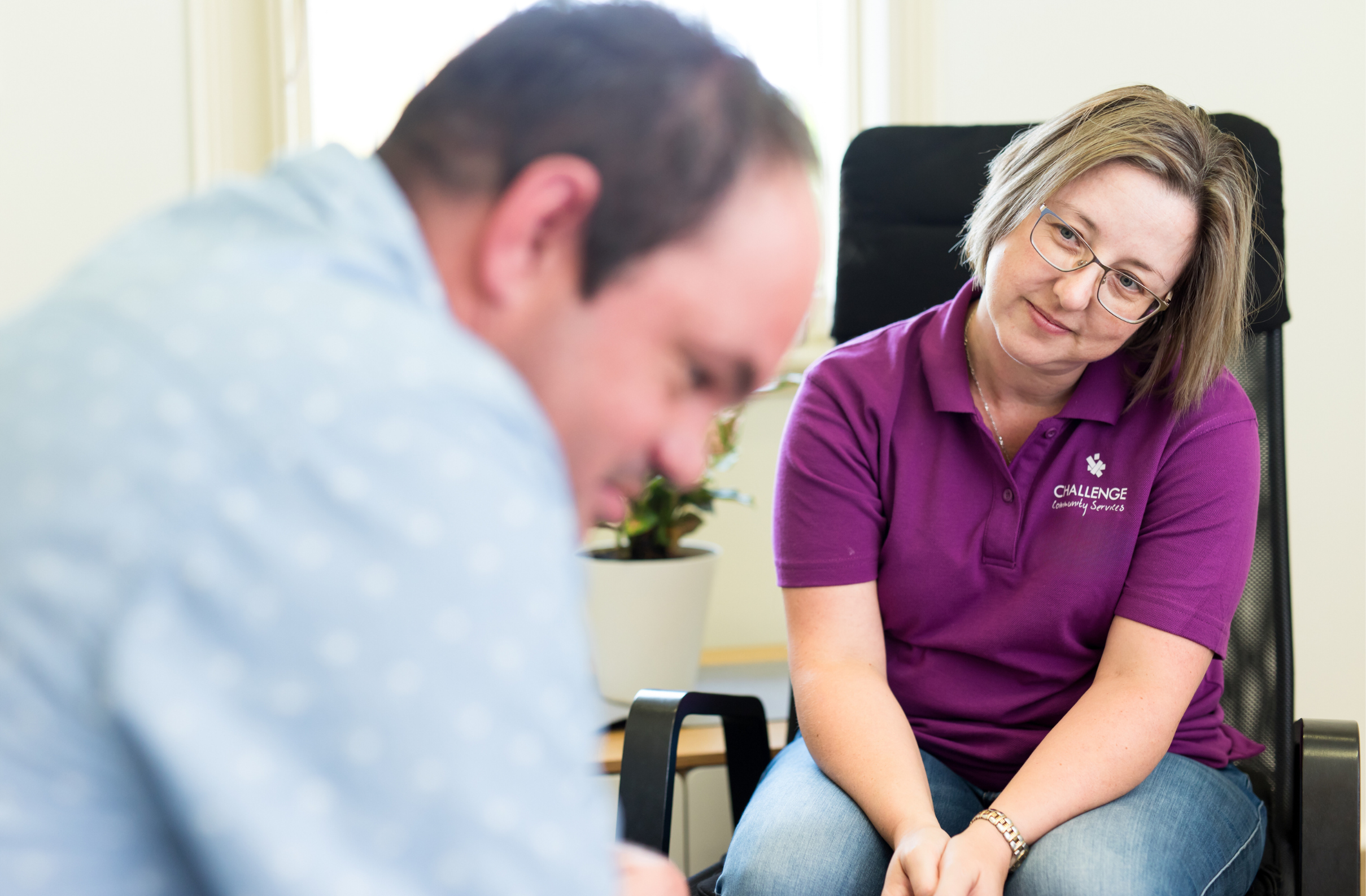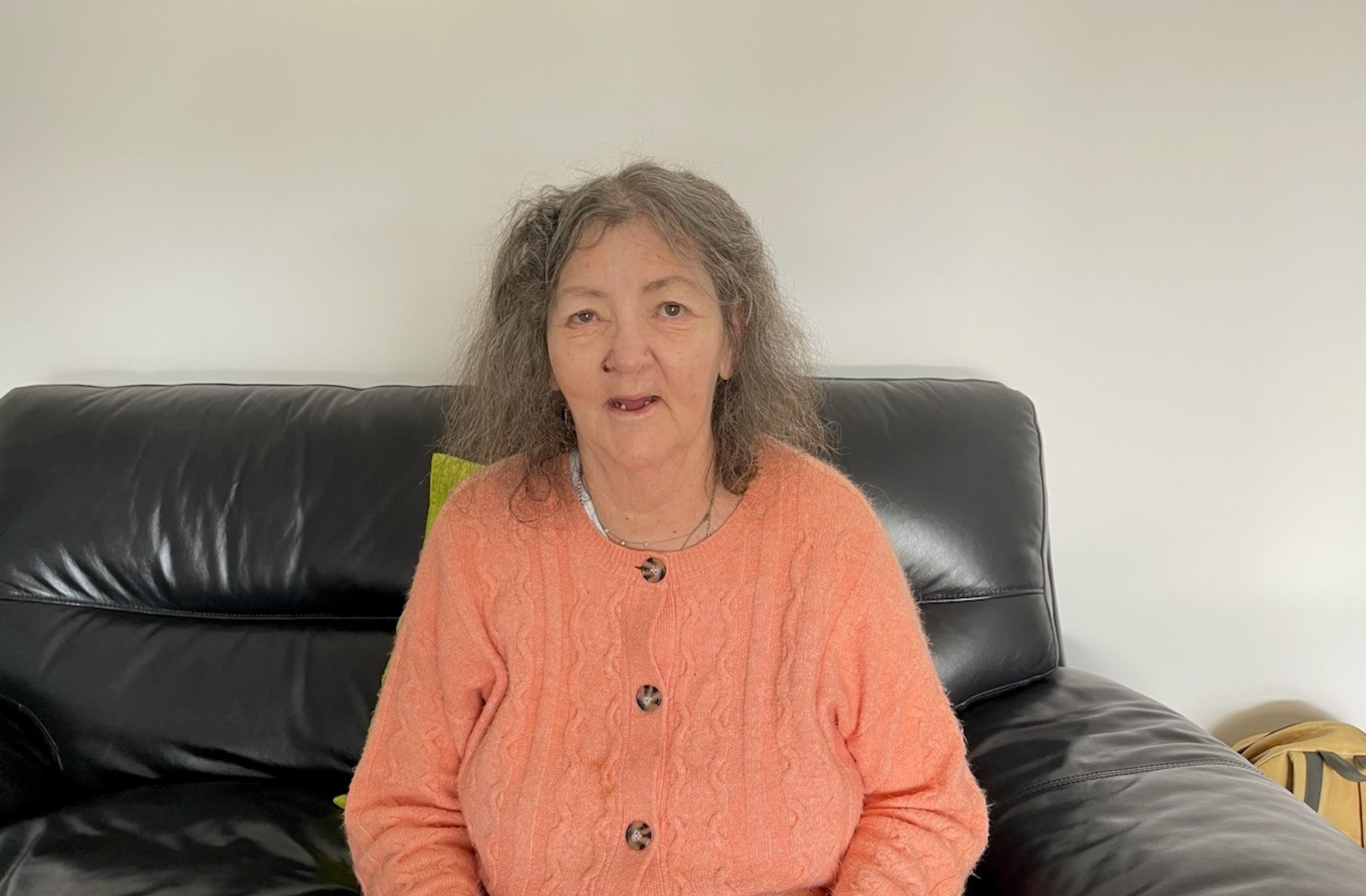The National Disability Insurance Scheme (NDIS) provides eligible Australians aged under 65, who have a permanent and significant disability with funding for supports and services. For many people, their NDIS funding is used for the purpose of improving, maintaining or gaining new skills in order for them to live the highest quality life as independently as possible.
Supported Independent Living (SIL) is assistance and supervision of daily tasks to improve the skills of a person with a permanent and significant disability to be able to live as independently as possible. SIL includes supports provided to an individual in their home, which is offered by Challenge Community Services as shared living arrangement.
SIL is funded under the NDIS through a participant’s Core Supports, but is not part of their flexible budget. SIL is a quoted, agreed upon support item.
It is important to understand the distinction between SIL and Drop-In Support. Drop-In Support is also funded under Core Supports, however it is a much less structured style of support delivery ranging from one hour per week to several hours per day. In contrast, SIL is 24 hour support, 7 days per week delivered in a shared home environment including other people with similar needs who have employed the same service provider.
Which supports and costs are included in SIL funding?
SIL reflects the supports delivered to an individual or group of people (utilising shared support workers) inside the home and includes the following:
- Support with personal care including showering and dressing
- Daily life skills such as cooking, cleaning, gardening and doing laundry
- Support in budgeting and household management
- Development of social and communication skills
- Assistance with recreational activities undertaken within the home including playing games, basic crafts, using technology etc.
- Overnight support (Sleep over or active overnight)
On a case-by-case basis, some supports delivered outside of the home are included in the SIL NDIS funding where it would not be practical for another provider to deliver those supports. This is highly dependent on the length of the activity and if an alternative provider can reasonably be expected to provide that service. This generally includes activities that are not structured and cannot be predicted such as going for a walk around the neighbourhood.
Which supports and costs are not included in SIL funding?
Everyday living expenses are not included in SIL funding and are required to be paid for by the individual, this is done most commonly through their Disability Support Pension (DSP).
Living expenses excluded from SIL funding include:
- Rent
- Utility bills for electricity, gas, water and phone line
- Groceries
- Entertainment costs such as Foxtel and Internet
It should be noted that SIL supports are a specified support, and therefore participants cannot use SIL funding for any other purposes.
Other NDIS funded supports that are not covered by SIL funding include:
- Transport
- Therapeutic Services
- Supported Employment
- Community Access
- Supports utilised while away from the residence for an extended period of time
- Personal Care Aids
- Equipment
- Technologies
I don’t have an NDIS plan, could I be eligible for SIL funding?
Individuals with high support needs, who require assistance with daily life tasks to live as independently as possible, may be eligible for Supported Independent Living (SIL).
When applying for an NDIS plan, you generally must satisfy the below requirements as a minimum:
- You are under 65 years of age
- You live in Australia and are legally an Australian Resident
- You regularly receive assistance from another person because you have a permanent and significant disability
An additional condition for an NDIS plan may include the availability of the NDIS in your area.
To get started with your NDIS application, contact the National Disability Insurance Agency (NDIA) on 1800 800 110 to make an access request or visit the NDIS website for more information www.ndis.gov.au
I already have an NDIS plan, how do I apply for SIL NDIS funding?
If your circumstances have changed and you believe that you need to change your living situation, you will need to return to the NDIA and complete a change of circumstance application.
The NDIA reviews this change, and if they agree, you will have a new meeting to review your current plan. The NDIA will request that you provide evidence and information on why your accommodation needs have changed.
Once the change of circumstance has been approved by the NDIA, they may help you engage with a Coordinator of Supports that will support you with looking at what type of home you may need.
You can contact a Challenge Community Services Coordinator of Supports by calling 1800 679 129.
I now have SIL funding as part of my NDIS plan, what’s next?
Challenge Disability Services has residential shared homes across NSW, and we are quickly expanding with more.
When you make a Supported Independent Living (SIL) enquiry with Challenge, we gather as much information about you or the person in your care as possible to be able to find a suitable home with other house members.
Challenge Disability Services will invite you to come and visit the suitable sites which gives you a chance to spend some time with the other house members. Once agreed by yourself and the other house members that this is a great place for you, Challenge will work with you on a quote to send to the NDIA based on your support needs.
During this waiting time we encourage you to continue to visit your potential new home often.
If you have any questions about NDIS funding or require further information please contact our friendly team today on 1800 679 129 or via our online form.
Find out more about NDIS funding.
To view our current Supported Independent Living vacancies click here


